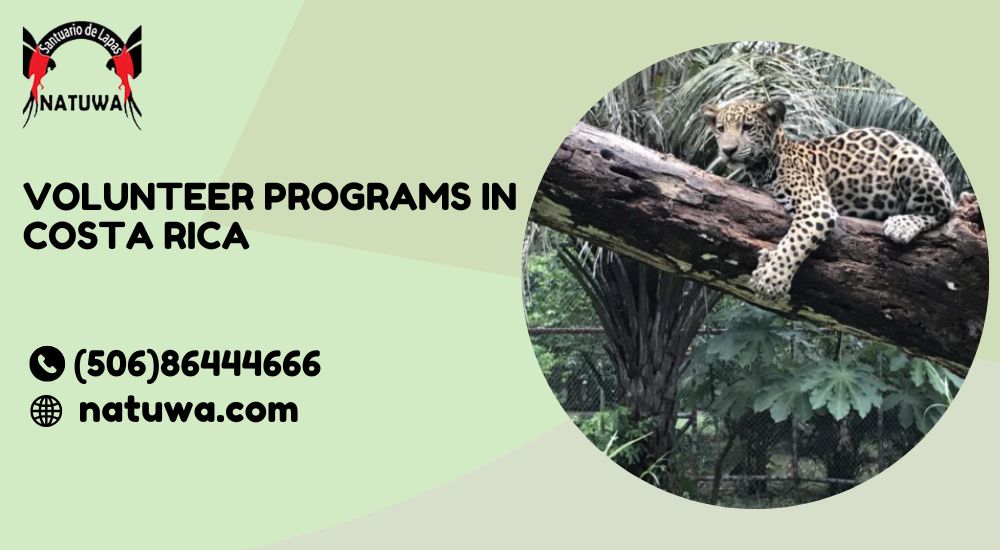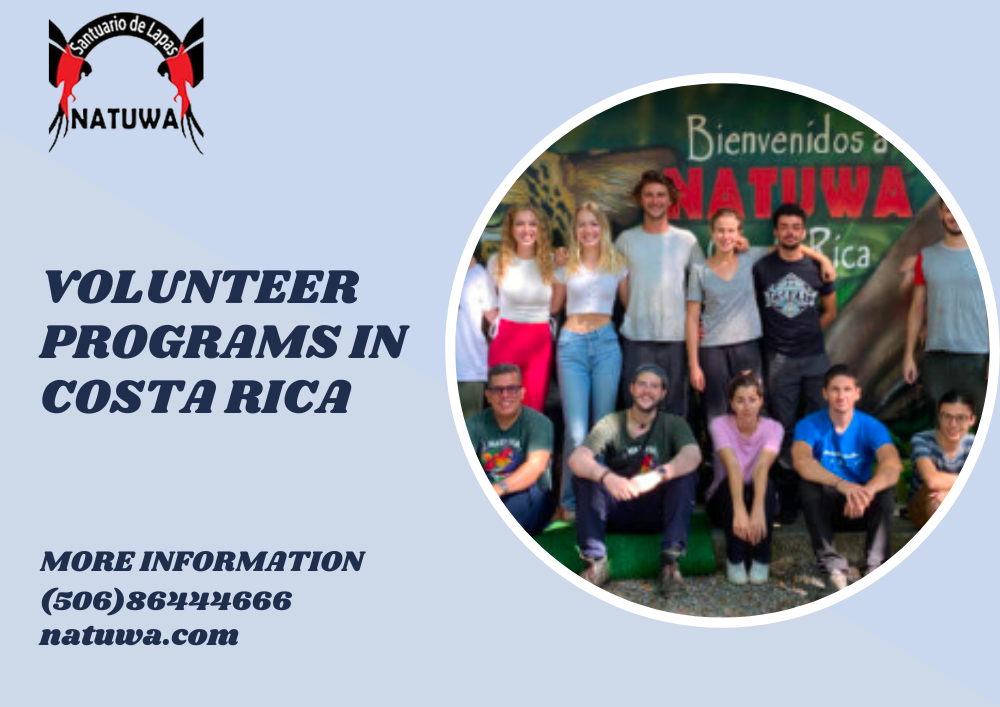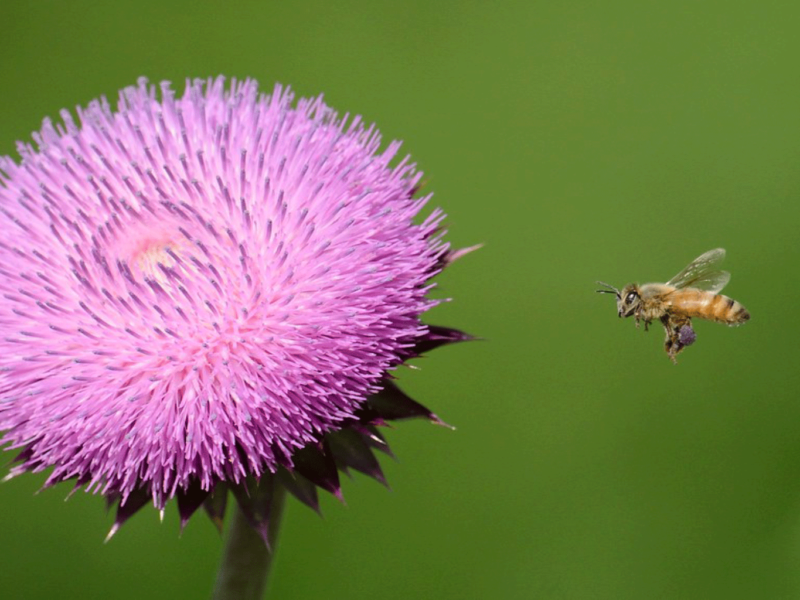Costa Rica’s lush rainforests, diverse ecosystems, and exotic wildlife have long been a magnet for adventurers and nature enthusiasts. Many individuals are drawn to the idea of joining Volunteer Programs In Costa Rica with animals, contributing to conservation efforts, and experiencing close encounters with unique species.
While the allure of such an experience is undeniable, it is essential to approach animal volunteering responsibly and ethically. Here are five essential dos and don’ts to consider when embarking on a journey of enrolling for Volunteer In Costa Rica With Animals.
DO: Research Thoroughly Before Committing
Before you join as a Volunteer In Costa Rica With Animals, arm yourself with knowledge. Research the organization you’re considering and the projects they run. Look for reputable organizations that prioritize the well-being of animals and the conservation of their habitats.
Investigate the organization’s mission, track record, and reviews from previous volunteers. Ensure they have permits and partnerships with local authorities and conservation agencies. A well-informed decision will lead to a more meaningful and impactful experience.
DON’T: Support Unethical Interactions
Avoid organizations that promote interactions that are harmful to animals. Steer clear of programs that allow direct contact, such as cuddling or taking photos with wild animals, as these activities can cause stress, disrupt natural behaviour, and potentially lead to disease transmission.
Ethical animal volunteering prioritizes the animals’ welfare and aims to minimize human impact on their lives. So, while researching the popular Volunteer Programs In Costa Rica, make sure to pick a program with ethical animal volunteering practices.
DO: Focus On Animal Conservation & Rehabilitation
Choose projects that contribute to the long-term conservation and rehabilitation of local wildlife. Participate in initiatives that involve habitat restoration, research, monitoring, and education. Volunteering efforts should align with the ultimate goal of returning animals to their natural environments whenever possible.
By supporting projects that work towards sustainable solutions, you can have a lasting impact on the region’s ecosystems. Remember that your primary goal is to contribute positively to conservation efforts and promote the well-being of the animals and their natural habitats.
DON’T: Disregard Local Expertise
While enrolling for Volunteer In Costa Rica With Animals, always respect the knowledge and expertise of local communities, conservationists, and researchers. These individuals possess valuable insights into the challenges and solutions specific to the region.
Collaborate with local stakeholders to ensure your efforts align with their conservation priorities. Learning from their experiences will provide a more holistic understanding of the issues at hand and foster meaningful cross-cultural exchanges.
DO: Prioritize Animal Welfare
When volunteering with animals in Costa Rica, placing the welfare of the creatures at the forefront is crucial. Opt for projects that provide appropriate habitats, nourishment, and medical care. Collaborate with veterinarians and animal care experts to guarantee the animals receive the best care possible.
Your responsibilities may include preparing meals, maintaining enclosures, and devising activities that stimulate natural behaviours. By making animal welfare your priority, you contribute directly to the conservation and protection of the region’s unique wildlife.
DON’T: Neglect Personal Responsibility
As a Volunteer In Costa Rica With Animals, your actions can have a direct impact on the animals and ecosystems you’re trying to protect. Adhere to strict ethical guidelines and follow the instructions provided by project coordinators.
Minimize your ecological footprint by using resources responsibly and respecting local laws and regulations. Engage in sustainable practices, such as reducing plastic waste and using eco-friendly products to ensure better conservation and more eco-friendliness.
Conclusion
In conclusion, joining Volunteer Programs In Costa Rica can be an incredibly rewarding and transformative experience. By following these essential dos and don’ts, you can ensure that your efforts are aligned with responsible and ethical volunteering practices.





















